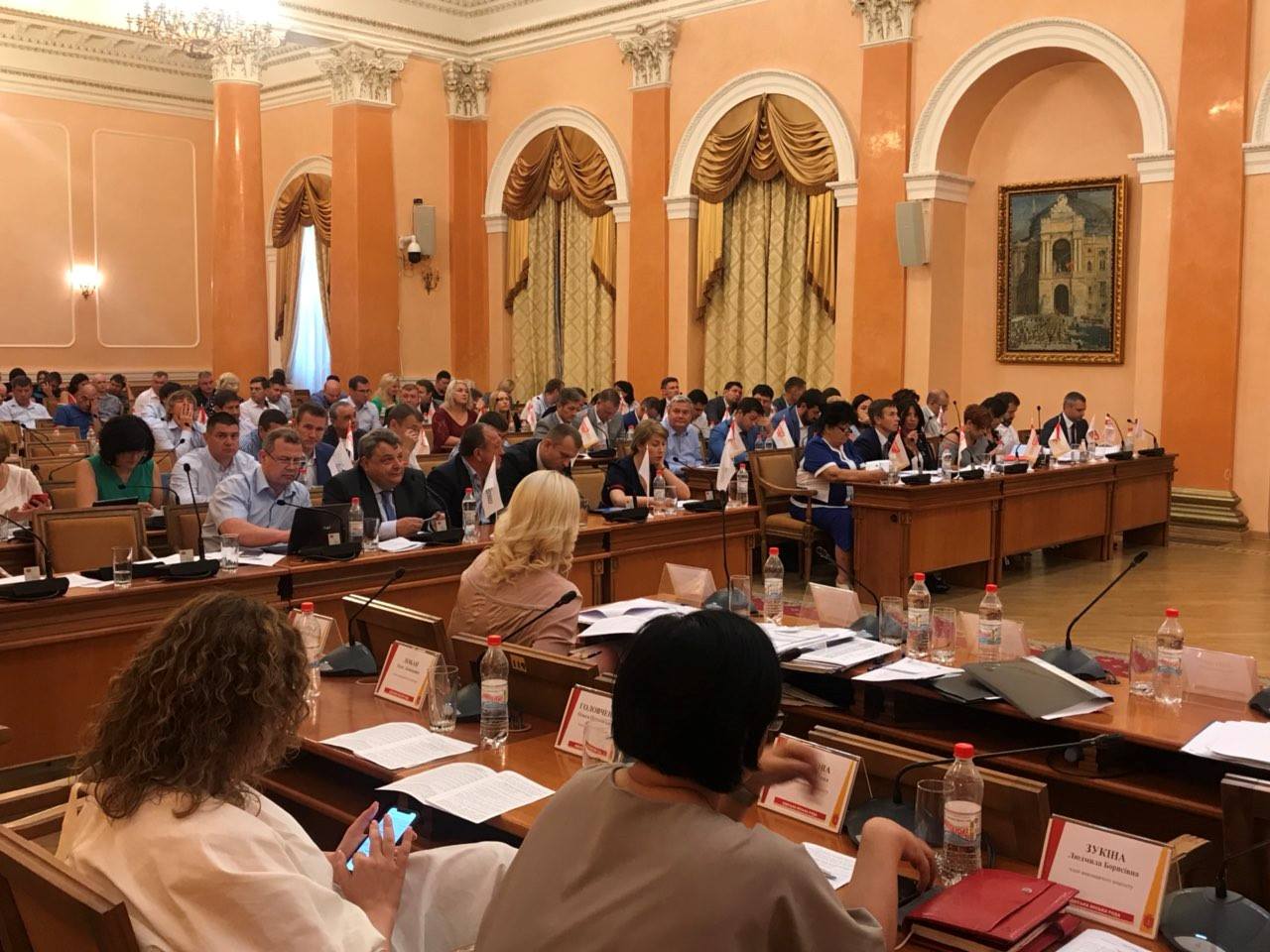Odesa City Council voted for the Municipal program on HIV/Tuberculosis
On June 06th, Odesa City Council voted for the Municipal program on HIV/AIDS, Tuberculosis and Hepatitis in Odesa ‘Fast-Track CITIes’ for 2018-2020 allocating almost UAH 66 000 000 from the Municipal budget for combating HIV/TB.
In 2017 within ‘Fast-track TB/HIV responses for key populations in EECA cities’ project of Alliance for Public Health, Odesa conducted a situation assessment aiming at identifying particular HIV/TB key populations needs, services, data gaps, barriers to access and sustainability of services resourcing. As the result, the program was developed within Fast-Track CITIes project with the involvement of key stakeholders and partners in Odesa and international support from the Stop TB Partnership and UNAIDS.
Considering the significant decrease in funding from international donors, including The Global Fund to support HIV and TB responses the Odesa Municipal program includes the transition from the donor-funding to the domestic funding of HIV/TB programs including from Municipal budget.
The overall budget of the Municipal program is 395 390 400 UAH (about 15 000 000 USD) with 65 984 600 UAH (about 2 500 000 USD) from the Municipal budget. The program aims at reaching UNAIDS and STOP TB 90-90-90. The harm reduction services will be provided to 33 300 Key populations out of estimated 37 000 in the city (including 20 250 PWID, 5 310 CSW, 7 740 MSM) in 2020. 11 000 000 UAH will be allocated from the Municipal budget on reaching KPs with harm reduction within 2018-2020 which is 15% from the overall financing for KPs. It is planned to reach 13 808 people living with HIV with antiretroviral treatment and 1 100 people with anti-tuberculosis treatment annually.
The core costs added by the city are: 18 % for HIV testing, 17 % for harm reduction for KPs, 7 % for Mobile TB clinic to expand TB screening in the city, 5 % for implementing Directly observed treatment for tuberculosis in the outpatient stage and 4 % for X-ray complex.
Voting for the program by 54 out of 62 Members of Odesa City Council is the bright example of city leadership that is taking strong on challenging health issues in the city.

